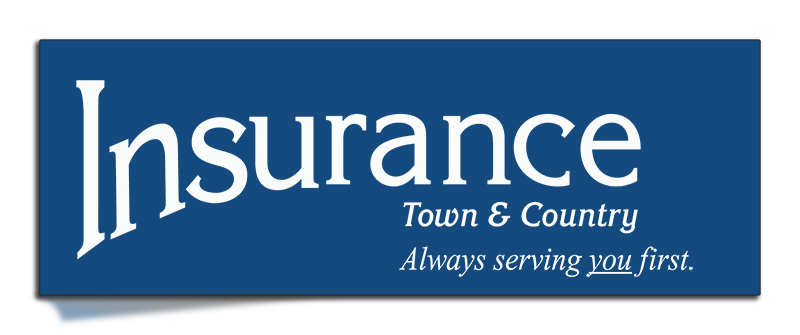Treatment of a serious illness or injury could mean thousands of dollars in medical bills for an individual or family. The most common way of planning for health-related financial risks is with personal health insurance.
Health insurance plans come in several general categories:
 Copay Plans - The copay is the amount of money the insured must pay out of pocket for a particular visit or service. The insurance plan covers the remainder of the expense.
Copay Plans - The copay is the amount of money the insured must pay out of pocket for a particular visit or service. The insurance plan covers the remainder of the expense.
Coinsurance Plans - In these plans, the insured pays a certain percentage (usually 20% or 30%) of the total cost of medical care. A coinsurance plan may or may not be combined with a copay provision.
Deductible Plans — Deductible health insurance plans pay for 100% of medical expenses after the insured has met the deductible. These plans often cover preventative care services even before the deductible has been reached. A wide range of deductibles are available, depending on whether the coverage is for an individual or family.
Health Savings Plans - Health Savings Plans (HSA) are high-deductible plans that feature a tax-favored medical savings accounts. Participants qualify for a tax deduction on the money they deposit in the account. Preventive care is normally included in these plans without having to reach the deductible first.
The amounts charged for services under these plans can vary depending on whether the insured uses a health care provider who is designated by the insurer to provide services (network or participating provider) and one who is “outside the network”.
Finding the right health care coverage for you and your family need not be a complicated process. At Insurance Town & Country, our insurance specialists will be happy to discuss your needs and find the health insurance plan that suits your needs and your budget.




